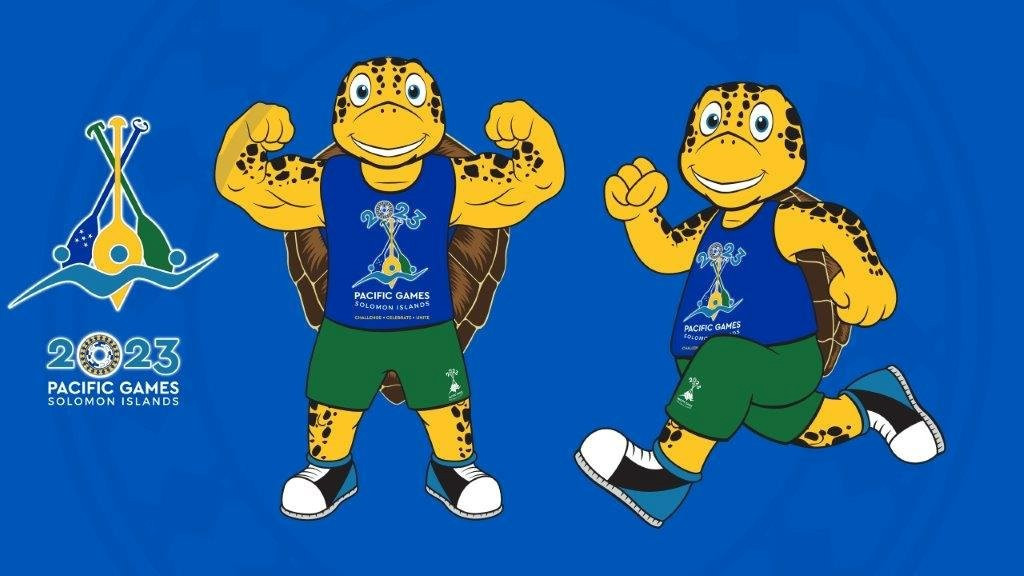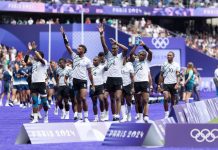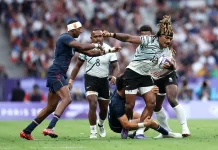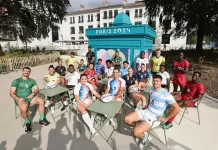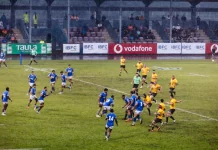Transgender or athletes with “Differences of Sexual Development” (DSD) will be allowed to compete at the Pacific Games or Mini Games if the relevant international federation allows them to, the head of the Pacific Games Council says.
On 24 March, World Athletics announced new regulations that would completely bar transgender male-to-female athletes from participating in its competitions.
The governing body also announced stricter restrictions on athletes with DSD which is expected to impact champion Olympic athletes.
“Our position is quite simple,” council president Vidya Lakhan told RNZ Pacific.
“We maintain that the sports we offer in the Pacific Games competition belong to the international federations,” he said.
“So, we are always guided by the respective international federations.
“When we include a particular sport in the Games’ programme, we get the endorsement, the clarification or approval of the international federation.”
He said once the council received the appropriate clearance from the international federations in accordance with its charter “those sports are conducted in accordance with the International Federation technical rules”.
“We do not make the technical rules for the various sports we have on our programme. If they allow athletes to participate in the games, we will allow that.
“And if they say no transgender athletes then we will not allow them and we will abide by the decision. We just just leave it at that,” he added.
Solomon Islands will host the 2023 Pacific Games from 19 November to 02 December.
The games is expected to attract almost 5000 participants from 24 countries competing in 24 different sports in Honiara.
Lakhan said there were issues at the 2019 Pacific Games in Samoa where the inclusion of some transgender athletes became controversial.
That included New Zealand weightlifter Laurel Hubbard who had won gold in the 87kg category ahead of Samoan flag-bearer at the 2019 Games Feagaiga Stowers.
Hubbard later went on the represent Aotearoa as the first transgender athlete to compete at an Olympics Games in Tokyo 2020.
The new rules, which came into effect on Friday, were “difficult” to make, World Athletics president Sebastian Coe said.
“Decisions are always difficult when they involve conflicting needs and rights between different groups, but we continue to take the view that we must maintain fairness for female athletes above all other considerations,” Coe said.
“We will be guided in this by the science around physical performance and male advantage which will inevitably develop over the coming years.”
He added that as more evidence became available the world body would review its position, “but we believe the integrity of the female category in athletics is paramount”.
For DSD athletes, the new regulations will require any relevant athletes to reduce their testosterone levels below a limit of 2.5 nanomoles per litre (nmol/L).
They would need to maintain that for a minimum of 24 months to compete internationally in the female category in any event, not just the events that were restricted – 400m to one mile races – under the previous regulations.
Interim provisions will be introduced for those relevant athletes who are already competing in what were the unrestricted events, including distances below 400m and above one mile, as well as field events.
These provisions include a requirement for transgender athletes to suppress their testosterone levels below 2.5nmol/L for a minimum of six months before they are eligible to compete again.
World Athletics has agreed to exclude male-to-female transgender athletes who have been through male puberty from female World Rankings competition from 31 March.
It said it had held consultations with various stakeholders in the first two months of this year, including member federations, the Global Athletics Coaches Academy and Athletes’ Commission, the IOC as well as representative transgender and human rights groups.
SOURCE: RNZ PACIFIC/PACNEWS






